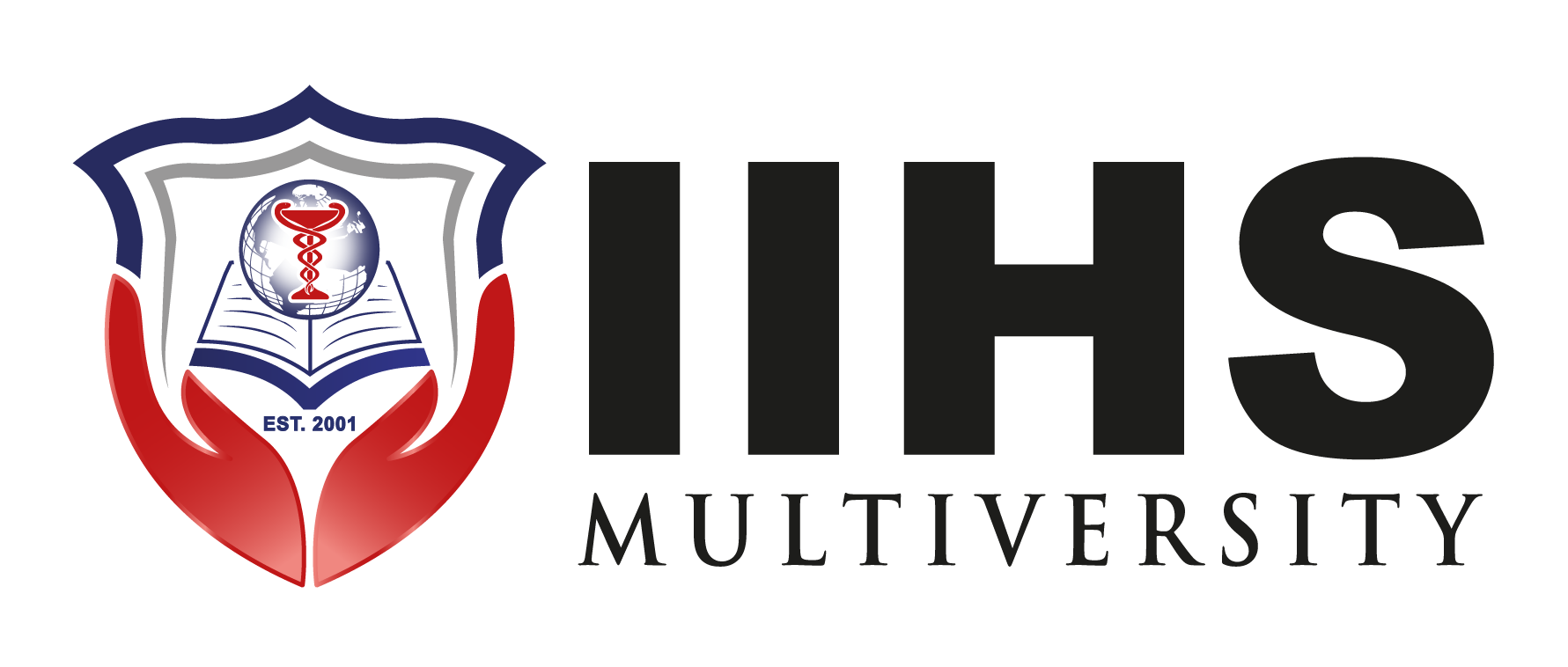April 24, 2024
Exploring Career Paths in Biomedical Sciences: Opportunities and Options
Introduction:
Biomedical sciences offer a diverse array of career paths that cater to individuals passionate about healthcare, research, and innovation. From laboratory work to clinical practice, biomedical scientists play a crucial role in advancing medical knowledge, improving patient outcomes, and shaping the future of healthcare. In this blog post, we’ll explore the various career opportunities and options available in biomedical sciences, highlighting the diverse paths that individuals can pursue in this dynamic field.
1. Laboratory Research:
One of the most common career paths in biomedical sciences is laboratory research. Biomedical researchers work in academic institutions, government agencies, pharmaceutical companies, and biotechnology firms, conducting experiments to investigate diseases, develop new treatments, and advance scientific knowledge. Careers in laboratory research may involve basic research, translational research, or clinical research, depending on the focus and goals of the organization.
2. Clinical Diagnostics:
Biomedical scientists specializing in clinical diagnostics play a vital role in healthcare by performing laboratory tests to diagnose diseases and monitor patient health. Careers in clinical diagnostics may involve working in hospital laboratories, reference laboratories, diagnostic companies, or public health laboratories, performing tests such as blood chemistry, microbiology, immunology, and molecular diagnostics.
3. Pharmaceutical and Biotechnology Industry:
The pharmaceutical and biotechnology industry offers a wide range of career opportunities for biomedical scientists, including drug discovery, development, and manufacturing. Biomedical scientists may work in research and development (R&D) departments, conducting preclinical and clinical trials to evaluate the safety and efficacy of new drugs and therapies. Other career paths in the industry include regulatory affairs, quality control, medical affairs, and sales and marketing.
4. Academic and Teaching Positions:
Biomedical scientists with a passion for education and mentorship may pursue careers in academia, teaching undergraduate and graduate students in universities and colleges. Academic positions may also involve conducting research, securing grant funding, and publishing scholarly articles in peer-reviewed journals. Additionally, biomedical scientists may serve as research advisors, thesis mentors, or program directors, guiding students through their academic and research endeavors.
5. Healthcare Administration and Policy:
Biomedical scientists interested in the intersection of science, healthcare, and policy may pursue careers in healthcare administration, management, or public health. These roles involve overseeing healthcare organizations, managing research programs, developing healthcare policies, and advocating for evidence-based practices. Careers in healthcare administration and policy may be found in hospitals, government agencies, non-profit organizations, and consulting firms.
Conclusion:
In conclusion, biomedical sciences offer a wealth of career opportunities and options for individuals passionate about advancing healthcare and improving patient outcomes. Whether working in laboratory research, clinical diagnostics, pharmaceutical and biotechnology industry, academia, or healthcare administration and policy, biomedical scientists play a vital role in driving innovation, translating research into practice, and shaping the future of healthcare. By exploring the diverse career paths available in biomedical sciences, individuals can find rewarding and fulfilling opportunities that align with their interests, skills, and aspirations, contributing to the advancement of medical knowledge and the betterment of human health.


